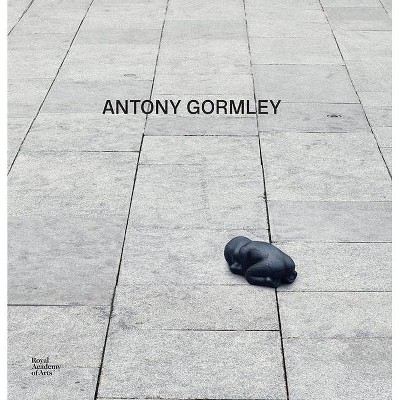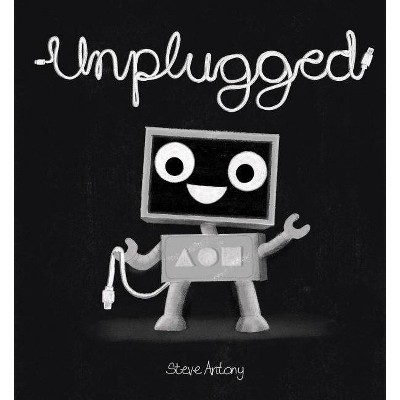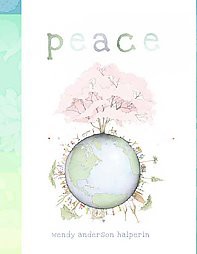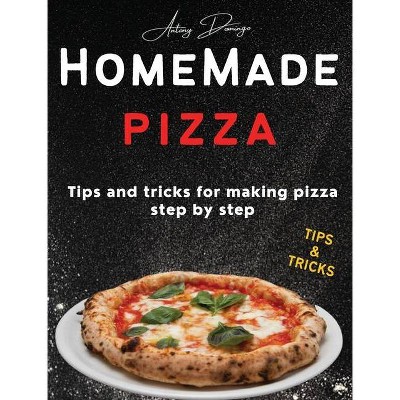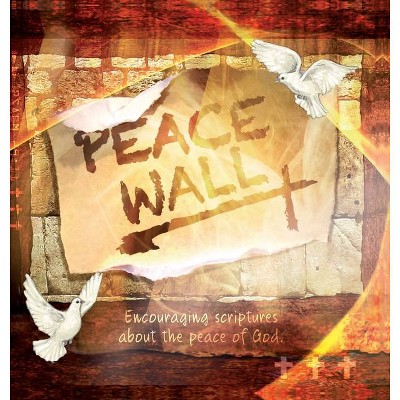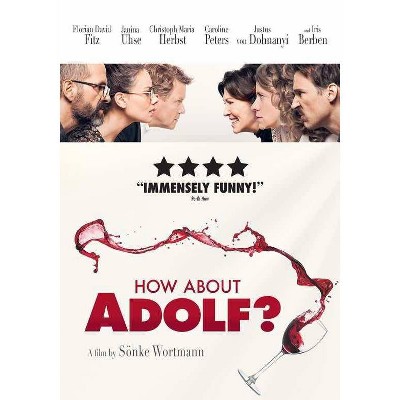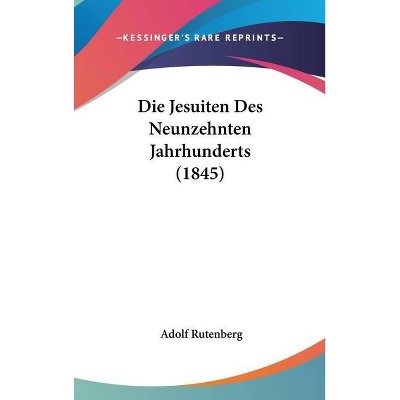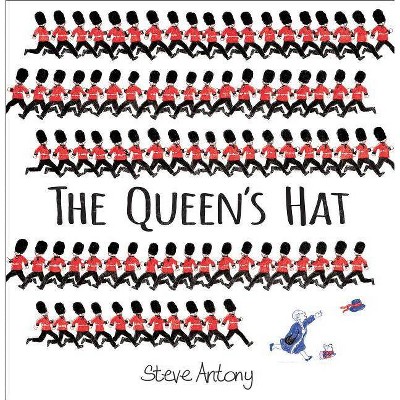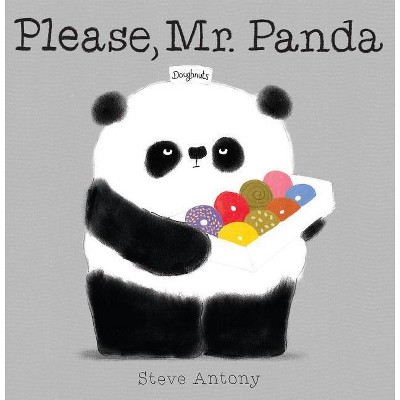Peace - by Antony Adolf (Hardcover)
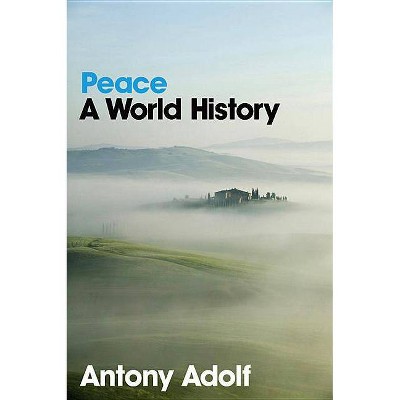
Similar Products
Products of same category from the store
AllProduct info
<p/><br></br><p><b> Book Synopsis </b></p></br></br>How peace has been made and maintained, experienced and imagined is not only a matter of historical interest, but also of pressing concern. Peace: A World History is the first study to explore the full spectrum of peace and peacemaking from prehistoric to contemporary times in a single volume aimed at improving their prospects.<br /> <br /> By focusing on key periods, events, people, ideas and texts, Antony Adolf shows how the inspiring possibilities and pragmatic limits of peace and peacemaking were shaped by their cultural contexts and, in turn, shaped local and global histories. Diplomatic, pacifist, legal, transformative non-violent and anti-war movements are just a few prominent examples.<br /> <br /> Proposed and performed in socio-economic, political, religious, philosophical and other ways, the diversity of peace and peacemaking Adolf presents challenges the notions that peace is solely the absence of war, this negation is the only task of peacemakers, and that history is exclusively written by military victors. "Without the victories of peacemakers and the resourcefulness of the peaceful," he contends, "there would be no history to write."<br /> <br /> This book is essential reading for students, scholars, policy-shapers, activists and general readers involved with how present forms of peace and peacemaking have been influenced by those of the past, and how future forms can benefit by taking these into account.<p/><br></br><p><b> From the Back Cover </b></p></br></br>How peace has been made and maintained, experienced and imagined is not only a matter of historical interest, but also of pressing concern. <i>Peace: A World History</i> is the first study to explore the full spectrum of peace and peacemaking from prehistoric to contemporary times in a single volume aimed at improving their prospects. <p>By focusing on key periods, events, people, ideas and texts, Antony Adolf shows how the inspiring possibilities and pragmatic limits of peace and peacemaking were shaped by their cultural contexts and, in turn, shaped local and global histories. Diplomatic, pacifist, legal, transformative non-violent and anti-war movements are just a few prominent examples.</p> <p>Proposed and performed in socio-economic, political, religious, philosophical and other ways, Adolf's presentation of the diversity of peace and peacemaking challenges the notions that peace is solely the absence of war, that this negation is the only task of peacemakers, and that history is exclusively written by military victors. "Without the victories of peacemakers and the resourcefulness of the peaceful," he contends, "there would be no history to write."</p> <p>This book is essential reading for students, scholars, policy-shapers, activists and general readers involved with how present forms of peace and peacemaking have been influenced by those of the past, and how future forms can benefit by taking these into account.</p><p/><br></br><p><b> Review Quotes </b></p></br></br><br>A presentation of the topic of peace with such a vast scope is deeply fascinating.<br /> <i><b>European History Quarterly</b></i><br /> <br /> An insightful narrative history of peace and peacemaking, which is a useful resource for anyone attempting to understand how current peace principles and infrastructure developed, and how they can be strengthened to further the goal of world peace.<br /> <i><b>Global Change, Peace and Security</b></i> <p>In <i>Peace: A World History</i>, Antony Adolf seeks to provide an extensive history of peace ... An ambitious project covering much historical and geographical ground, the volume includes discussion of conceptions of peace within Judaism, Christianity and Islam and within the Indian and Chinese traditions; the pacifist movements of the twentieth century; and the contemporary quest for peace in a post-Cold War world. Adolf's stimulating and informative analysis elegantly situates efforts to promote peaceful relations among states within the larger context of the intellectual history of peace as a concept, and his efforts to synthesize the various forms of peace into a comprehensive construct provide an original and clear conclusion to the volume.<i><b><br /> Survival, Journal of the International Institute for Strategic Studies</b></i></p> <p>Historians and political scientists seem to gravitate perpetually toward the study of war, but the study of peace could be much more valuable to the future of humanity. Peace is a notable effort to correct this problem.<br /> <i><b>The Mantle</b></i></p> <p>A useful book filled with insights and citations from a wide range of peace philosophers and advocates. The author has managed to survey practically the entire world historical experience of peace theory and practice in a single volume ... Among the valuable contributions are: a review of findings from primatology and evolutionary science on the instinctual and behavioral foundations of human cooperation, and surveys of historical settings that have received less attention from previous peace scholars.<br /> <b><i>Journal of Peace Research</i></b></p> <p>The diverse ways in which humans have sought to create peaceful societies are beautifully encapsulated by Adolf ... This perspective gives cause for optimism, and Adolf's book is indeed an optimistic one. The detailed exploration of expressions of peace will be useful to all of us who strive toward making our world more peaceful.<b><br /> <i>Medicine, Conflict and Survival</i></b></p> <p><i>Peace: A World History</i> is broad and comprehensive in its scope, not only temporally but also substantively, examining both historical efforts to make and sustain peace, and the relevant literature analyzing and envisaging peace ... a valuable reference point for students, scholars and general readers of peace.<br /> <i><b>African Journal of Conflict Resolution</b></i></p> <p>A work of considerable ability in its exploration of peace, peace mechanisms and peacemaking across the millennia ... a very valuable source of information and understanding for those who seek to know more about peace and peace making through the ages.<br /> <i><b>Journal of Human Security</b></i></p> <p>Adolf has made a considerable contribution by focusing on peacemaking strategies, showing that these are basic human instincts and activities, and that they must be continually exercised to ensure our suvival.<br /> <i><b>Peace Review</b></i></p> <p>I, for one, feel greatly enriched for having taken this particular 'history course' ... the journey through <i>Peace</i> becomes more enlightening with each new chapter.<b><i><br /> Roses and Thorns</i></b></p> <p>Essential reading for anyone concerned with the promotion of peace, the study of peace, and the making of peace. Antony Adolf's writing is articulate and accomplished. The very reading of the book is satisfying in itself.<br /> <b><i>Journal for the Renewal of Religion and Theology</i></b></p> <p>A unique study that looks at a vast amount of history from the point of view of peacemaking.<br /> <i><b>H-Soz-u-Kult</b></i></p> <p>In an unbiased historical context and accessible discourse, Adolf's analysis steadily makes a case not only for peace being an imperative for mankind's survival, but one achievable through dedication and a now well-lit precedent.<br /> <b><i>Prick of the Spindle</i></b></p> <p>Adolf contributes to peacemaking in the tradition he attributes to Jean Baptiste Say: the scientific method ... he facilitates 'evaluations and continual improvements of policies and their implementations' that can assist the attainment of world peace.<br /> <i><b>Eras</b></i></p> <p>What is striking in his approach is a far more subtle understanding of peace than many other authors have. Peace is not simply the absence of war (or strict pacifism) but the establishment of conditions for peaceful coexistence. The result, though not overlooking classical peace movements, is an attempt to show how conditions for peace can be generated through domestic and international law, through mediation and conflict resolution, as well as through processes that try to promote alternatives to war.<br /> <i><b>Mail and Guardia</b><b>n</b></i></p> <p>Recommended. Adolf explores possibilities of rational and realistic peace throughout a five-millennium history using examples from crucial time periods, places, people, and writings. Balancing a broad scope with succinct details, the author presents peacemaking in cultural contexts of religions, social structures, economics, politics, and philosophies while challenging the idea that peace is exclusively the absence of war.<br /> <i><b>Choice: Current Reviews for Academic Libraries</b></i></p> <p>The reader of this book will be impressed by the abundance of information but also by the capacity of the author to realise an objective analysis of the historical events and figures.<br /> <b><i>Cultura</i></b></p> <p>Adolf is to be commended for writing a unique study that looks at a vast amount of history from the point of view of peacemaking. There is a need for such ethically centered studies that address the big picture. Others of like mind will surely build on this study.<br /> <i><b>HSK for Arbeitskreis Historische Friedensforschung</b></i></p> <p>An ambitious book which spans a wide range of time and place, from prehistory to the present.<br /> <i><b>History</b></i></p> <p>In <i>Peace: A World History</i>, Antony Adolf admirably demonstrates that peacemaking has not been a peripheral pursuit in human history. Adolf's work ably synthesizes the growing literature in peace history while offering its own interpretive contribution. It offers a viable alternative reading of history that locates peacemaking as a concept at the heart of the ideas and events that have shaped the world.<br /> <b>Michael Clinton, <i>Gwynedd-Mercy College</i></b></p> <p>A naive peace is inevitably the peace of the grave. A rational peace begins when we learn collectively how to live well within the limits of our circumstances; it is the peace of preservation and renewal. Adolf's <i>Peace: A World History</i> shifts the focus of history from the necessities of war to the imperatives of peace and, in doing so, provides invaluable insights for comprehending the dynamic principles of future peaces.<br /> <b>Monty G. Marshall, <i>Center for Systemic Peace</i></b></p><br><p/><br></br><p><b> About the Author </b></p></br></br><b>Antony Adolf </b>is an independent scholar.
Price History
Cheapest price in the interval: 69.99 on November 8, 2021
Most expensive price in the interval: 70.99 on October 27, 2021
Price Archive shows prices from various stores, lets you see history and find the cheapest. There is no actual sale on the website. For all support, inquiry and suggestion messages communication@pricearchive.us
